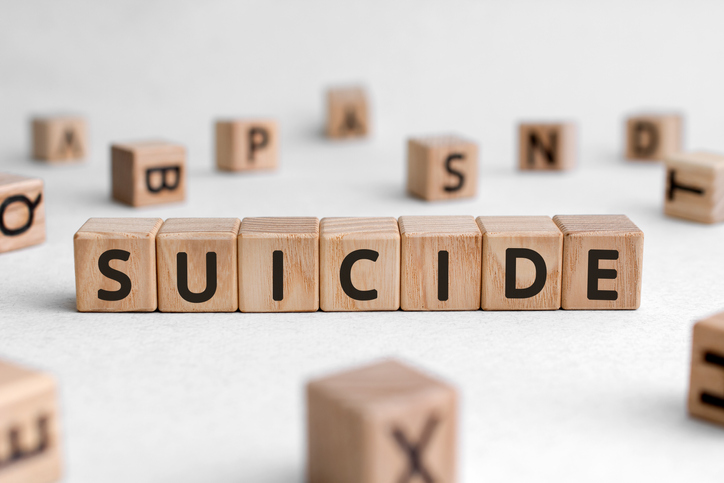The 8 most common myths about suicide debunked

Suicide is an issue that isn’t discussed nearly as much as it should be in our culture. Myths often prevail over the facts, further leaving countless individuals at risk. The lack of understanding of suicide and the social stigma surrounding it acts as a barrier to progress. For this reason, there are far too many people who don’t get the help and support that they need. Addressing the myths surrounding suicide and presenting the facts is a good start to breaking down these barriers. Below, we discuss and debunk the eight most common myths about suicide.
Myth 1. Only people with mental health conditions are at risk of suicide.
False. We must acknowledge that there are people who suffer from depression, anxiety, bipolar disorder, and schizophrenia who don’t have thoughts of suicide. Moreover, there are people who have thoughts of suicide after experiencing major life crises. These may include people who have lost loved ones, experienced abuse and trauma, lost their homes and jobs, have experienced serious criminal or legal matters, or are suffering from a debilitating or terminal illness.
Myth 2. Asking a depressed person if they’re considering suicide is risky.
False. Not to ask about suicide is risky. If you know someone who seems to be suffering from depression, high anxiety, or has experienced a perceived major life crisis, it’s wise to discuss the subject of suicide with them. “Have you been thinking about suicide?”
Many people are afraid to talk about suicide because of the stigma surrounding it. By talking about the subject, you can help reduce the stigma and encourage someone who is at risk to open up about it. As a result, they may rethink their options and get the help that they need.
Myth 3. Suicidal individuals will always remain suicidal.
False. Suicide ideation is short term in a lot of people, especially for those who don’t suffer from a mental health condition but have experienced a significant crisis. Even those who suffer from reoccurring suicidal thoughts can recover with the right intervention and treatment. Many people who are suffering see suicide as a way to escape painful circumstances and emotions. Once they recover from these symptoms, they often recover from suicidal thoughts.
Myth 4. Suicide always comes without warning.
Mostly false. There have been many cases when someone has taken their own life and the people closest to them didn’t see it coming. When death by suicide occurs without warning, it’s usually because the person’s friends, family and colleagues didn’t recognize the signs, nor were they ever educated to do so. For the trained, it is rare for a suicide to come “out of the blue.”
Myth 5. Suicide is an act of selfishness.
False. An attempted suicide is caused by mental health conditions and/or circumstances beyond the control of the individual to handle alone. They need help and hope from everyone including professionals. The best way to help is to listen, be nice, and refer the person to a professional health counselor.
Myth 6. Those who talk about suicide will never actually do it.
False. If someone is talking about suicide, then they are most likely thinking about it. That’s why you should always take any talk of suicide or death seriously, even if it seemingly comes across as a joke.
Myth 7. There is something psychologically wrong with people who die by suicide.
False. The assumption that there is something psychologically wrong with people who are at risk of suicide is what feeds the stigma. This is the reason why many individuals who are suffering never talk to anyone or seek help. We should never alienate someone who suffers from a mental illness or painful circumstance.
Myth 8. People who are suicidal will never seek help.
False. Studies have found that many people who have died by suicide tried to get help within six months before their death. When help is sought it is the aim of health care to make sure the help is competent help.
Contact a Texas suicide lawyer if you lost a loved one to suicide
If you lost a loved one due to suicide, it’s important that you speak to an experienced and compassionate attorney who will demand justice for you and your family. The Law Offices of Skip Simpson will not only help you pursue a claim, but we’ll also support you every step of the way. Our attorneys will also fight to hold negligent healthcare providers accountable and help prevent another tragedy from occurring.
Our law firm would be glad to sit down with you and go over your legal options. Contact us online or call us to find out how we can help you. Our legal consultations are free and confidential.




